Webinar: underground thermal energy storage (UTES): uncertainties and benefits
Join us for a special webinar that will introduce underground thermal aquifer storage and offer all interested parties the opportunity to participate in a workshop to be held in spring 2025.
Event on 15/01/2025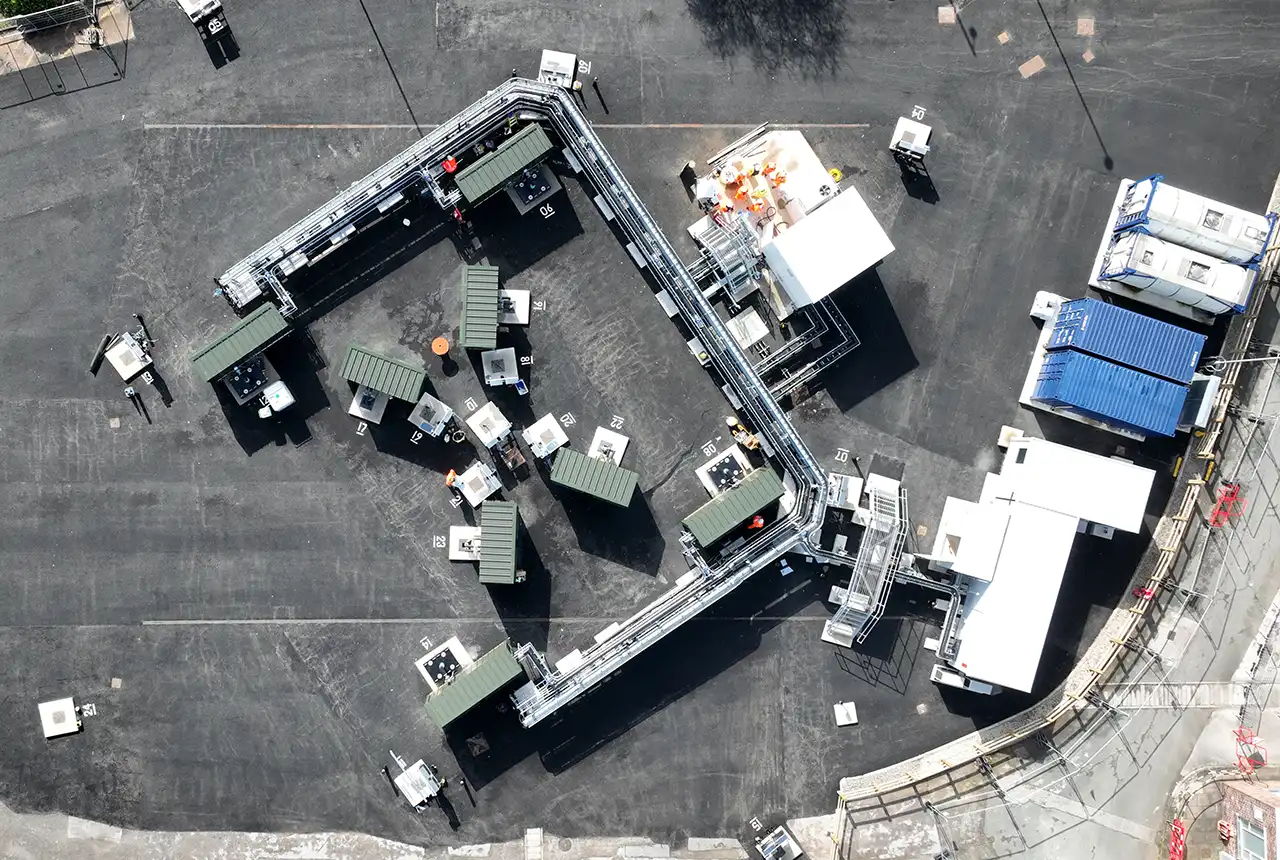
Underground thermal energy storage (UTES) offers great potential as a means of balancing seasonal heating and cooling demand for buildings and storing excess renewable energy at times of low demand. UTES systems are, if well designed, more efficient and cheaper to operate than traditional geothermal installations. However, UTES has not yet been widely adopted across the UK and this is partly due to the need for a better understanding of the subsurface processes and approaches for geothermal site assessment.
To address this need, BGS has developed two field observatories for research and innovation in thermal energy storage. The Glasgow Observatory focuses on the addition or extraction of heat from abandoned flooded mine workings and the Cheshire Observatory offers similar capabilities for the Sherwood Sandstone aquifer. Both sites incorporate a range of advanced instrumentation that can monitor heat flow and the effect of energy storage on the subsurface environment.
Join us for a special live webinar hosted by Vanessa Starcher and Michael Spence, BGS Science and Operation leads for the UK Geoenergy Observatories. The webinar will introduce UTES and offer all interested parties the opportunity to participate in a workshop to be held in March or April 2025. The workshop will focus on the efficiency of recovering heat after thermal storage and discuss ways to use one or both observatories to compare and contrast aquifer and mine water thermal energy storage and recovery.
This webinar is free and open to all, but is particularly relevant to individuals in industry, local authority and regulatory roles.
Related news
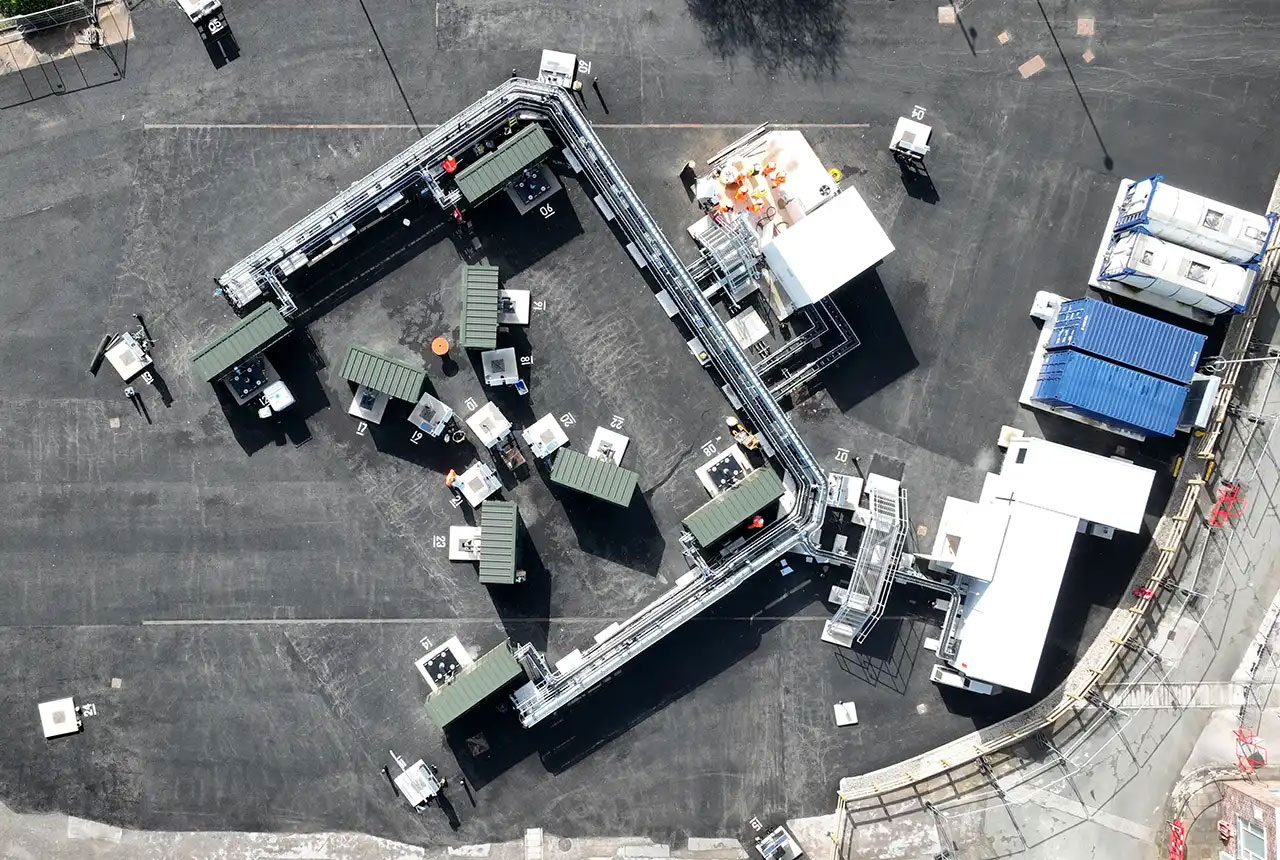
First distributed acoustic sensing survey completed at UK Geoenergy Observatory
12/11/2025
New research at the Cheshire Observatory has shown the potential for mapping thermal changes in the subsurface using sound waves.

World Cities Day: the geological story of our cities
31/10/2025
Understanding the rocks that underlie our towns and cities, the risks they can present and how they influence urban planning and redevelopment.

New geological ‘pathways’ discovered beneath Welsh capital
02/09/2025
Scientists have discovered cavities in the clay underneath Cardiff, which will influence the siting of future geothermal developments.
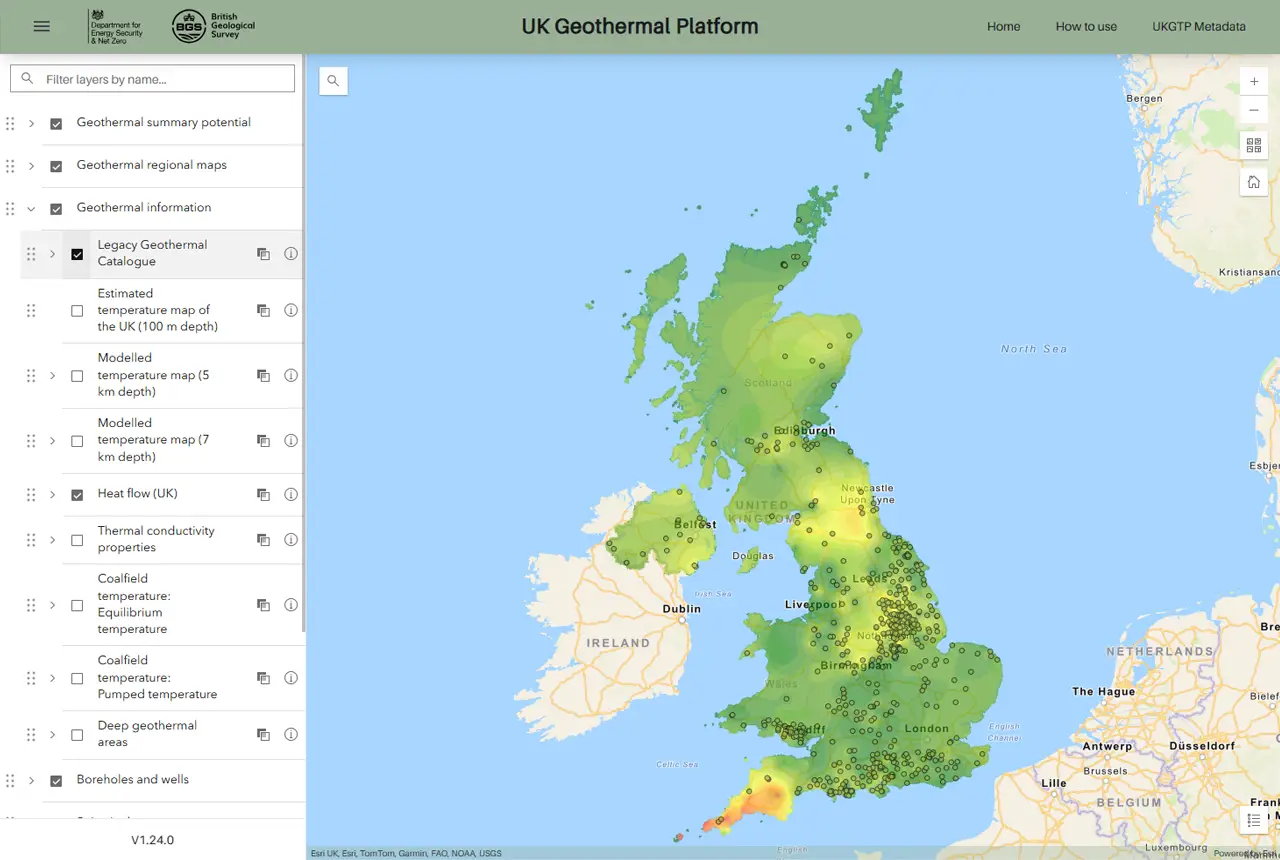
New platform highlights geothermal potential across the UK
11/08/2025
A new government-funded geothermal initiative, which includes an interactive map, has launched to help decision makers assess the geothermal potential across the UK.

Goldilocks zones: ‘geological super regions’ set to drive annual £40 billion investment in jobs and economic growth
10/06/2025
Eight UK regions identified as ‘just right’ in terms of geological conditions to drive the country’s net zero energy ambitions.
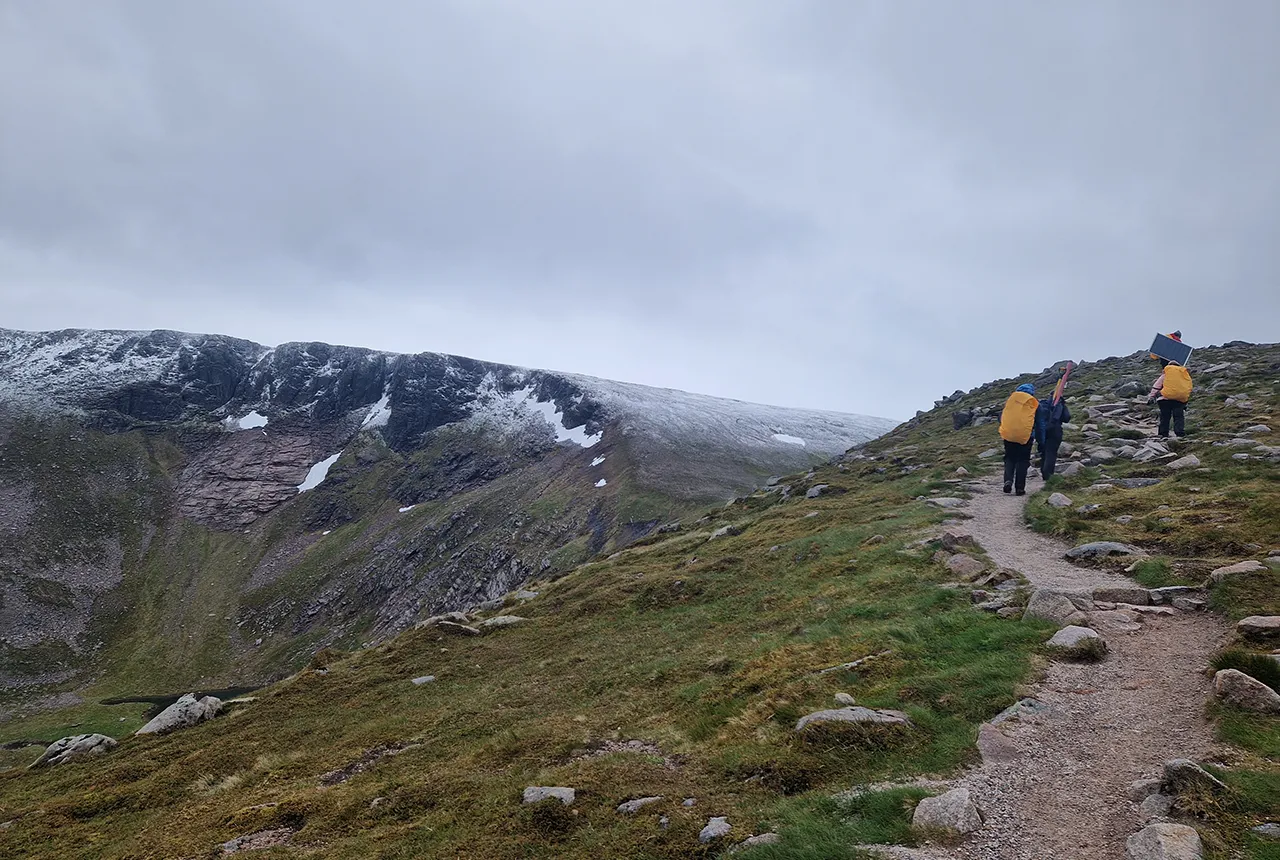
Exploring Scotland’s hidden energy potential with geology and geophysics: fieldwork in the Cairngorms
31/03/2025
BUFI student Innes Campbell discusses his research on Scotland’s radiothermal granites and how a fieldtrip with BGS helped further explore the subject.
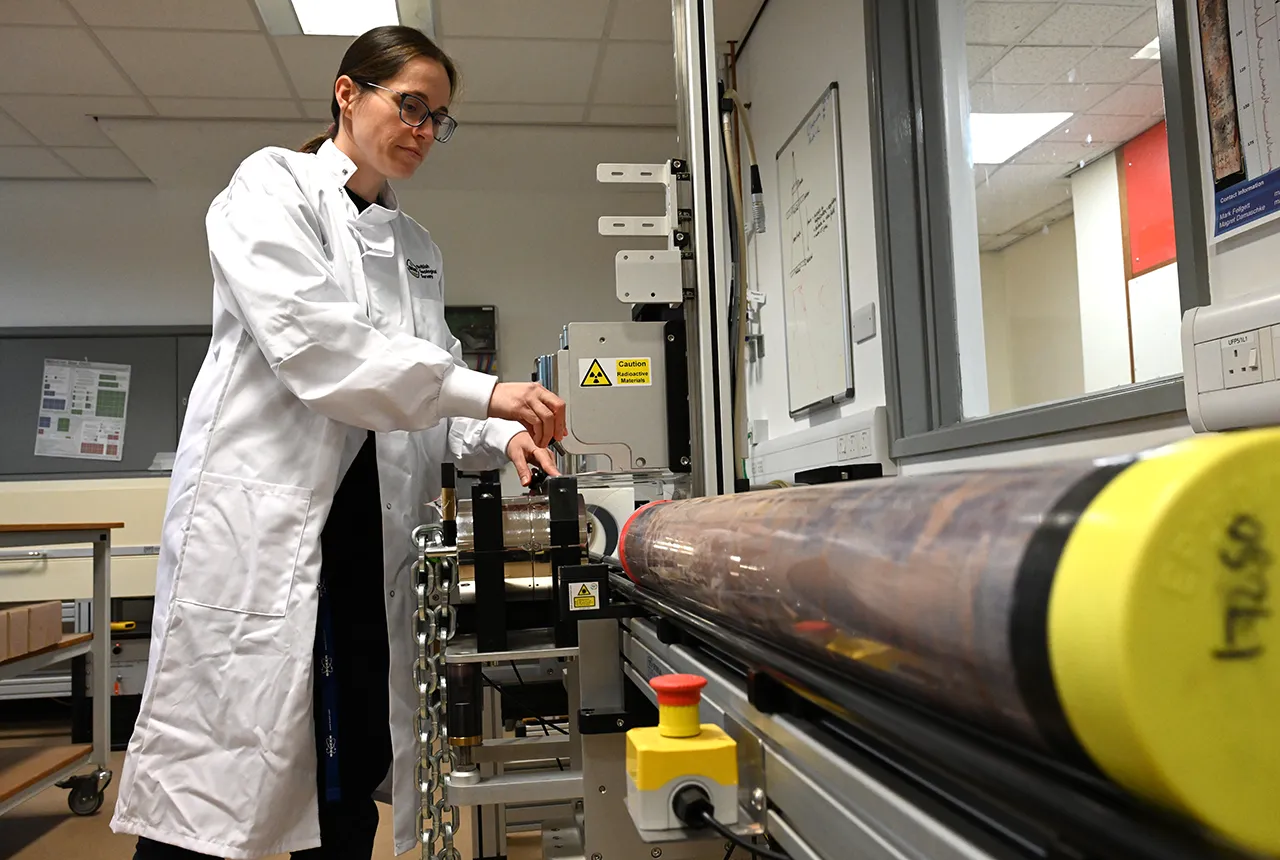
Prehistoric power: 250-million-year-old rocks could contain secrets to net zero future
05/12/2024
BGS has completed a comprehensive scan of Mercia Mudstone rocks that could hold geological secrets of the UK’s past and provide a boost for net zero.

World-class facility creates new opportunities for geothermal energy in Cheshire
10/10/2024
The £8.3 million underground observatory will enhance the UK’s knowledge on the clean energy required to decarbonise heating.
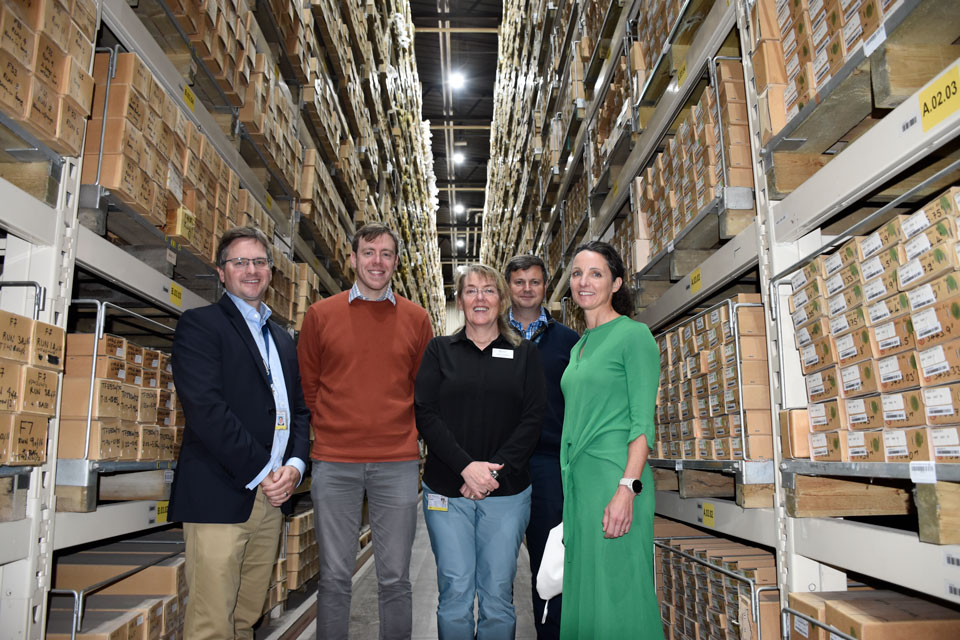
Local MP checks in on development of new geothermal ‘living laboratory’ in Nottinghamshire
19/09/2024
BGS has reached the halfway mark on its ambitious ground-source heat pump project at its headquarters in Keyworth, Nottinghamshire.
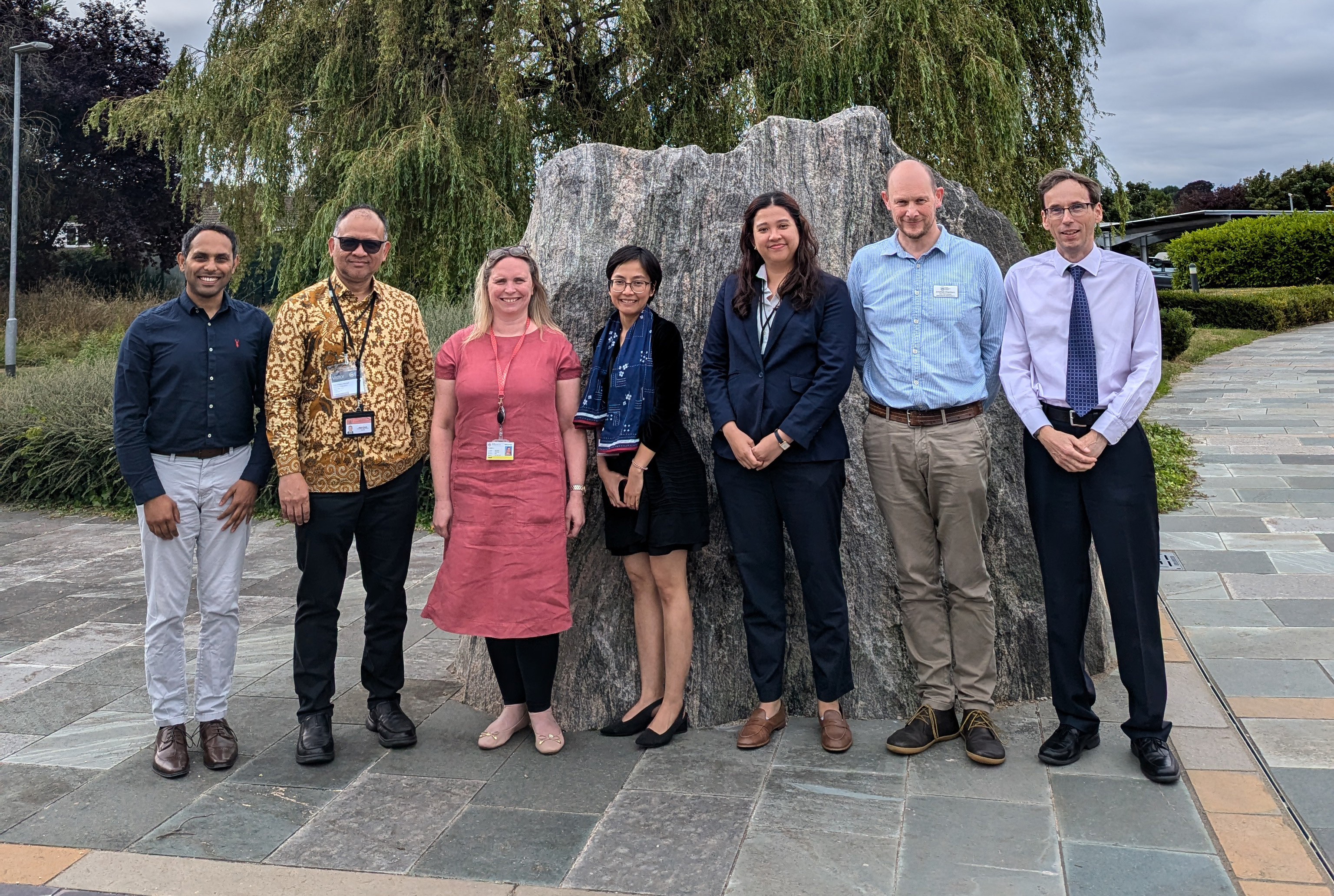
Visit by Indonesian Embassy representatives to BGS
27/08/2024
Strengthening BGS/Indonesia scientific research partnerships to address the complex challenges Indonesia faces from natural hazards and maximising opportunities from mineral resources and geothermal energy.
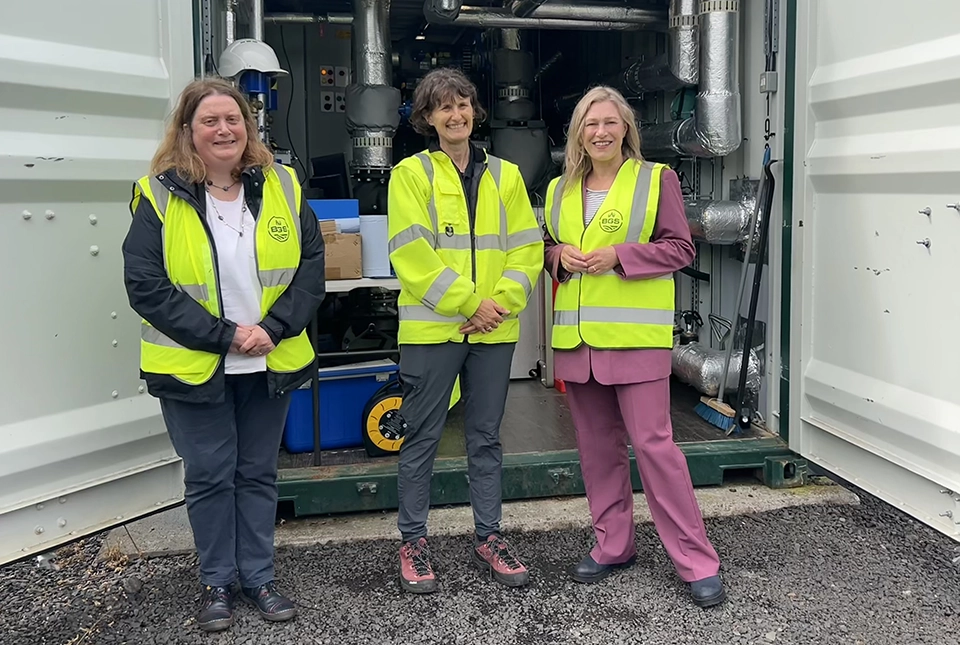
Unlocking our geothermal potential: a Scottish Government visit to the Glasgow Observatory
15/08/2024
Gillian Martin MSP visits the UK Geoenergy Observatory in Glasgow to learn about geothermal energy and see the research being carried out at the facility.
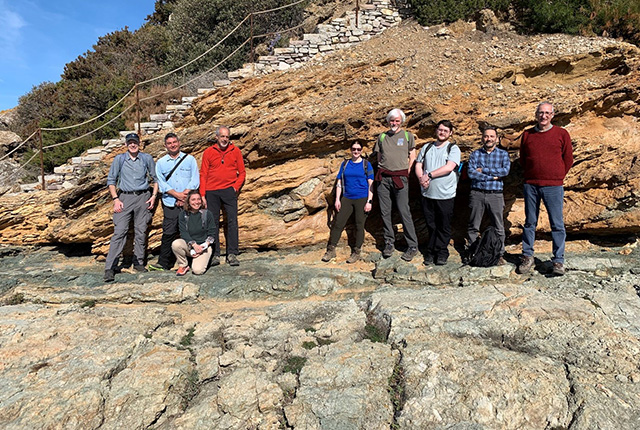
The heat beneath our feet: BGS field visit to Tuscan geothermal systems
05/07/2024
BGS visits the active and fossilised geothermal systems of southern Tuscany, Italy.


